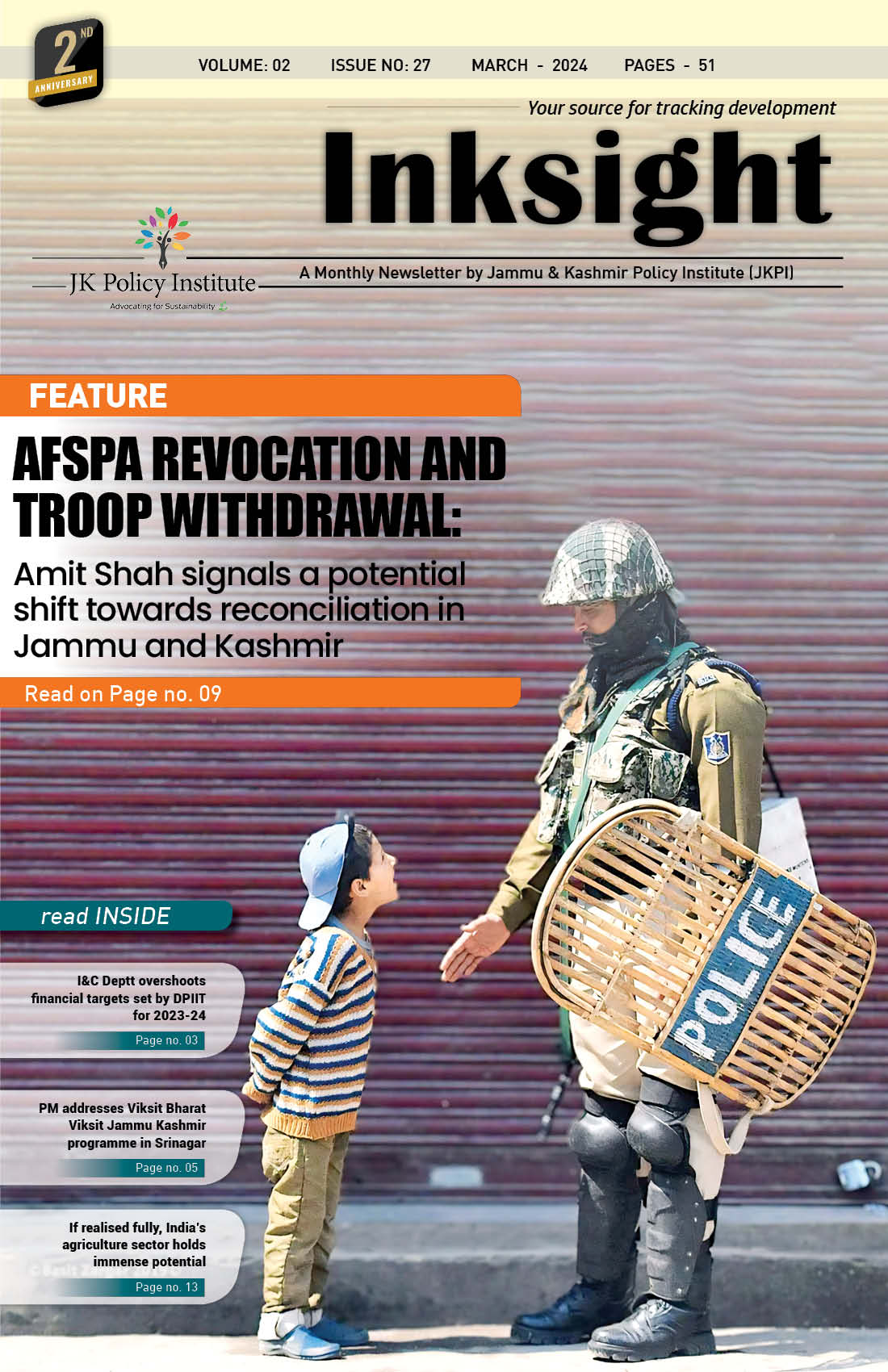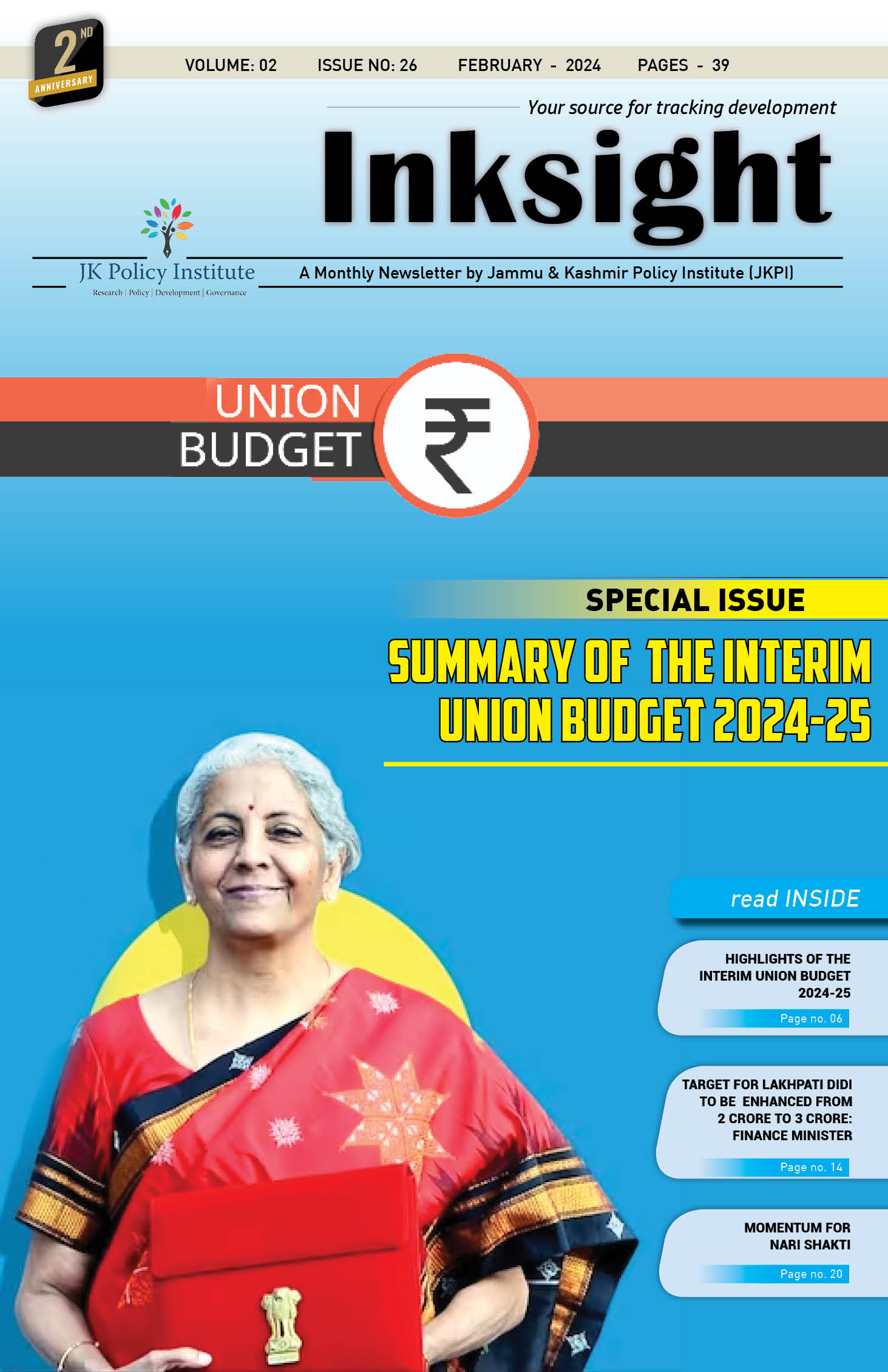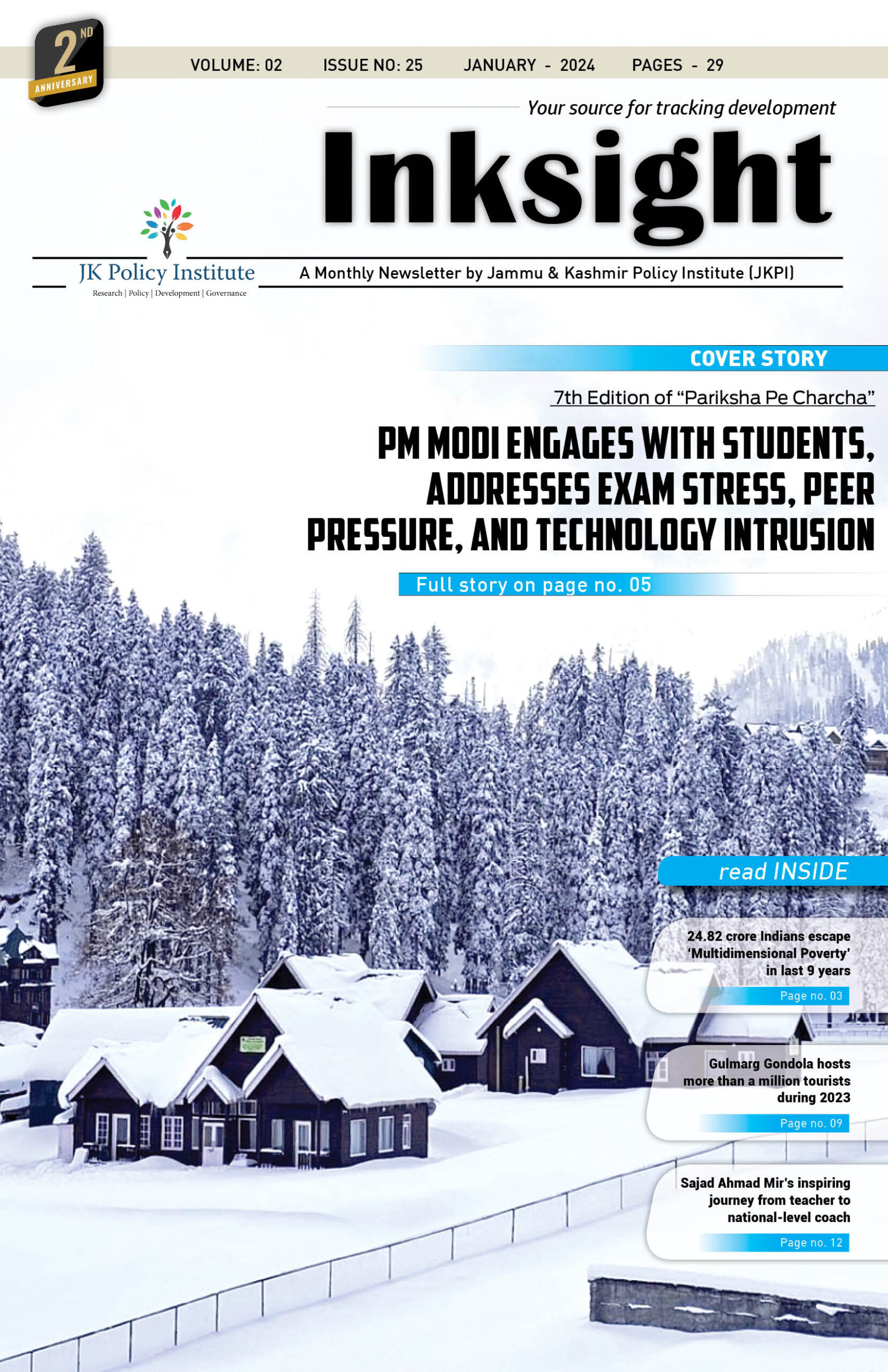Introduction
Terrorism is not a new phenomenon instead it can be tracked down to the 19th century. There is no universal consensus of the international community on the definition of terrorism though General Assembly adopted a resolution 49/60 in 1994 to cover numerous armed activities deemed to be “terrorist” in its essence. There was an attempt made by the UN to elucidate the nefarious activities carried out by terrorists.
According to the author, Terrorism can be defined as the approach to inflict violence on the people at large whilst creating fear to satiate religious, economic, political, or social aims. We often perceive the nature of terrorism as being masculine but diverting from the mainstream idea, it becomes vital to have gender-neutral viewpoint vis-à-vis terrorism. At this juncture, scholars need to look at the role of women in terrorism as an offender. Seeing a woman with a gun could be a horrid picture for those who are witnessing it through the lens of the male dominant society, nonetheless, we should not forget that the first person to be indicted in the court of justice was Vera Zasulich in 1878 for terrorism.
This article is not repudiating women being victims and targets of terrorist groups because women are often induced by social, economic, political, and religious motivations. Additionally, personal quandaries could also lead to female radicalization and there have been several instances where women joined terrorist groups like ISIS, Al-Qaeda, LTTE, or its subsidiary organizations for several reasons including underrepresentation in a pollical system, indoctrinations articulated by the violent extremist and their promises to have dignified life after death, lingering on the idea to take revenge or the unhappiness which stems out of the state of poverty or family problems and vulnerability to sexual exploitation, abuse, rape, etc.
This article attempts to highlight the causes that goad women to act as both perpetrators and victims. It compares the role of women and their motivations in regard to terrorist groups including the Islamic State of Iraq and Levant (ISIS) and Boko Haram. The article argues that women today have a pertinent identity to play in carrying out terrorist activities and we are in the era where women are not limited in their operation as backstage agents but are instead stepping into the roles of combatant which were conventionally considered as masculine. Moreover, there have been instances where women have been found to radicalize their husbands.
Political Motivations:
Women are repelled by their participation in the domain of politics, especially at a time of political instability, under-representation, and ethnonationalism, in such a scenario women chose its path which leads to violent extremism. Eventually, these grounds also engendered a feeling of separatism from the state which advances them toward terrorism. Policies and Global order which seem to be unfair and unjust to women could also motivate them to join the insurgency movement. Women in The Liberation Tigers of Tamil Eelam (LTTE) and Chechnya took up arms because they were convinced by the ideologies made by men to have a separate state from Sri Lanka and Russia respectively.
Economic Motivations:
Economic deprivations are also a substantial cause for women to choose terrorism because they are fascinated by the comforts and the salary being facilitated by the terrorist groups. Both the women in primary or secondary roles are being given economic benefits as a mother, wives, educators, backstage agents, recruiters, and combatants by the extremist group. The salaries are rewarded according to the position and work of women in a terrorist organization. The author conjectures that such organizations are highly structured like cooperate firms. Krieger and Meierrieks suggested that there is a higher prospect for terrorists to spur women from poor countries to get aligned with their propaganda concomitant with economic opportunities. Further, by minimizing the cost of (opportunity) brutality caused to others. In simpler terms, women have to give up little to gain economic resilience by functioning as primary or secondary agents.
Religious Motivations:
In a seminar with Covint Solutions Pvt. Ltd., Dete Aliah narrated that the women in Indonesia are egged on by terrorists by wrapping their propaganda with religious indoctrination including the promise to get into heaven whilst bringing 40 members with them. Further, the idea of women’s responsibility to be a part of Jihad. Such motives are deeply entrenched through online platforms, magazines, and other networks of communication. Terrorist organizations like ISIS and Al-Qaeda have successfully influenced women based on their religious philosophy of the Caliphate. The author asserts that the underpinning values of any religion are to be interpreted in a positive direction and with the intention of not getting astray with the propaganda led by terrorist or radical groups.
Other Motivations:
Depression and vulnerability caused due to family problems, poverty, loss of family members and other determinants exhort females to take on the mantle of a terrorist. They can see dignified lives for themselves. Females are utilized as a part of the strategies by terrorists to attract male members and the romantic relationship with the male members of the organization also encourages women to remain in the group for a longer period. The other factors include the feeling of alienation from the state, the need to feed their children, or wreaking vengeance from the State for the loss of their husband, brother, or other relatives during the face-off between the Military and Terrorists. The author believes that in such a scenario, the role of their brother, husband, or any other family member could be of civilian or terrorist.
Comparative Analysis: ISIS and Boko Haram
Women’s Role in ISIS
In the past few years, the role of women in ISIS has been emerged as “Jihadi Bride” in the media wherein women make Hijrah (emigration) to join the movement. They are told by the Caliphate that their contribution to the organization is to “marry a fighter” so that in the future it becomes problematic for the men to leave their families even if they want to. ISIS’s involvement in sexual violence, abuse, and sexual slavery has been its approach toward women from its commencement. Their role ranges from delivering logistic cushioning to merely being a wife, or teacher, or recruiting other women and men. Since 2017, ISIS has started losing its power foot on its territories and have expanded the role of women as a suicide bomber or combatant in the name of protecting the caliphate which contradicts its earlier ideology of not engaging women in qital (struggle). Al-Khansa Brigade is solely dedicated to the women’s police force under the umbrella of ISIS. Biden Administration took cognizance of the women’s active role in terrorism and it has furthermore comprehended its seriousness. The doyens have suggested expanding our peripheral vision of witnessing the women terrorists as combatants rather than only expecting women to operate as secondary support. The experts also discerned that the ISIS women who came back to the US served lesser sentences than men.
Women’s Role in Boko Haram
Boko Haram was not always known for their dastardly deeds until in 2009 they chose the path to seek vengeance and decided to reduce the Government of Nigeria to rubble. The foundation of the organization was laid on peace and prosperity to proselytize Islam in Northern Nigeria because they felt that the government was economically alienating them. In 2009, an attempt by police to intimidate the members of Boko Haram which later on turned into a violent squabble killing Mohammed Yusuf who was the founder of Boko Haram made the group seek retribution on behalf of their leader, and since 2009 it has initiated its iniquitous activities like kidnapping and utilizing girls and women to act as suicide bombers.
In 2014, the group kidnapped 276 schoolgirls from Chibok town in northeast Nigeria, and thereafter they were either used as a source of earning revenue or were coerced to marry the Boko Haram fighters. Boko Haram for the first time in 2014 engaged its first female suicide bomber and in 2017, The Economist asserted that Boko Haram has unequivocally surpassed LTTE which had the highest record in employing women as suicide bombers. The other roles of women are inclusive of wife, breeder, sexual slave, recruiter, and combatant. It is ascertained that women can easily mobilize both genders because of their reach to the population at large.
The pundits have affirmed that Boko Haram has exploited Christian women and used rape as a tactic to create offspring who can further advance their mission to spread their ideologies. Recruitment of women is both voluntary and involuntary. Deliberate recruitment often results in the enlistment of women or girls by abduction and subsequently, they are recruited as sex slaves, fighters, or suicide bombers. Gaffey stated that since 2017, almost two-thirds of Boko Haram suicide bombers were women. The Government of Nigeria is calling out for assistance from International Community. Many States including India have come forward to find a pertinent solution for counter-terrorism strategies in Nigeria.
Recommendations:
- It is requisite for government institutions to widen their perspective of terrorism by witnessing women as potential terrorists.
- To strengthen the response to terrorism, the author recommends starting to identify women as voluntary perpetrators rather than just victims.
- However, the evidence from a report suggests that we have a considerably low representation of women in police forces. Women constitute up to 15% of police forces worldwide. States have to accommodate more women officers because there have been instances where female terrorists concealing suicide appliances have escaped the checkpoints knowing that they are lesser chances to confront women officers.
- The state is recommended to propel academicians to carry out extensive research on the subject matter to have a better understanding of the role and motivations of women joining terrorist groups and hence succor the government to understand needed interventions.
- The State needs to take necessary actions to curb economic, political, and social instability as they all are used as incentives by the terrorist group to prod women by giving them all the comforts which State cannot provide to all its citizens during given uncertainties.
- Mental Health Professionals should voluntarily provide interventions, especially in a region encircled by conflicts and uncertainties.
REFERENCES
-
https://www.unodc.org/e4j/en/terrorism/module-4/key-issues/defining-terrorism.html
-
-
https://www.strifeblog.org/2021/04/20/the-role-of-women-in-isis-from-wives-and-mothers-to-soldiers/
-
https://thekootneeti.in/2022/02/08/event-counter-expo-2022-women-in-security/
-
https://blogs.lse.ac.uk/mec/2019/08/15/female-radicalisation-why-do-women-join-isis/
-
https://idsa.in/idsacomments/boko-haram-and-female-suicide-bombers-aarushi-060921
-
-
https://commons.lib.jmu.edu/cgi/viewcontent.cgi?article=1422&context=honors201019
-
https://onlinelibrary.wiley.com/doi/abs/10.1002/bsl.2370010206
-
https://www.tandfonline.com/doi/full/10.1080/1057610X.2020.1759263
-
-
-





Leave a Reply
You must belogged in to post a comment.